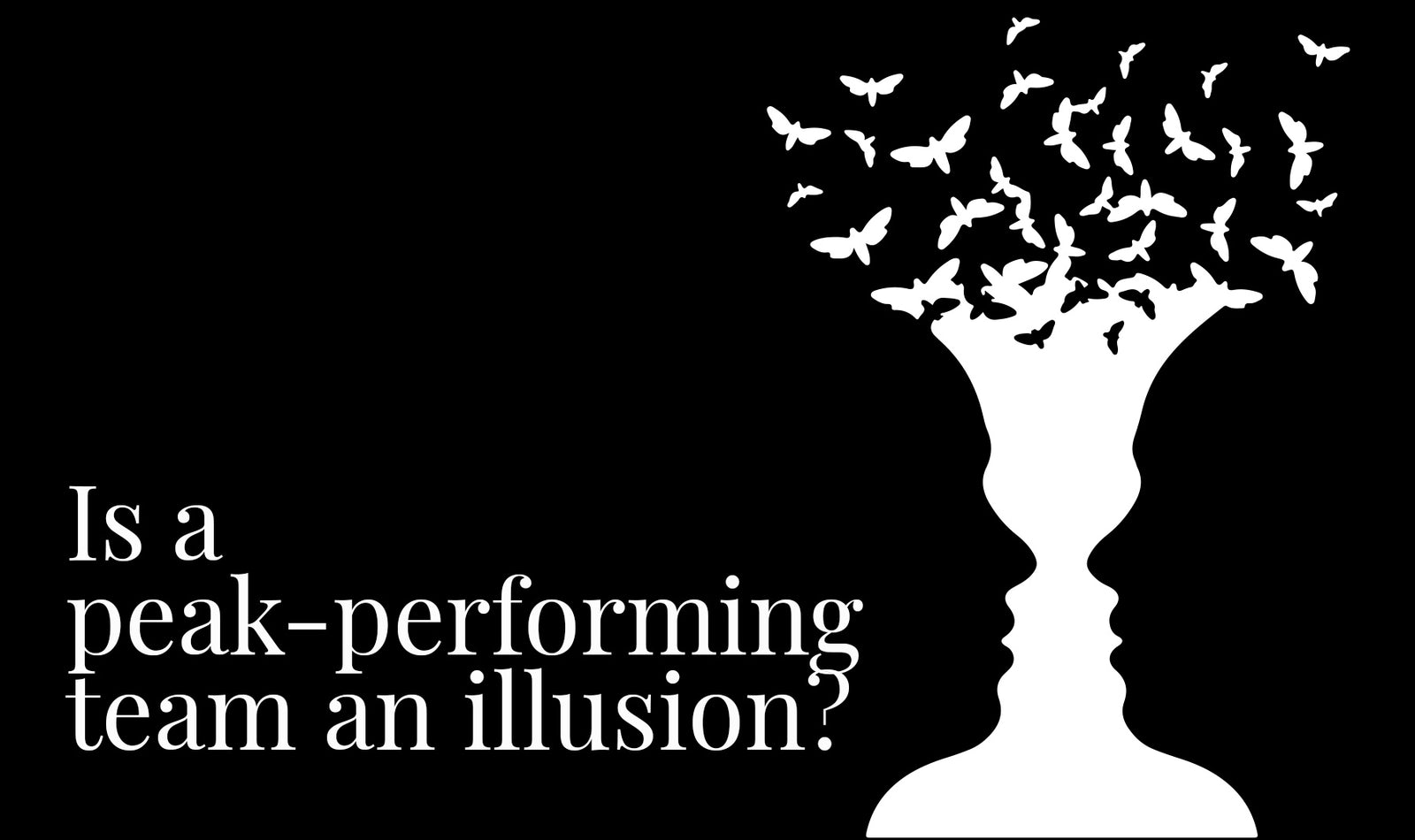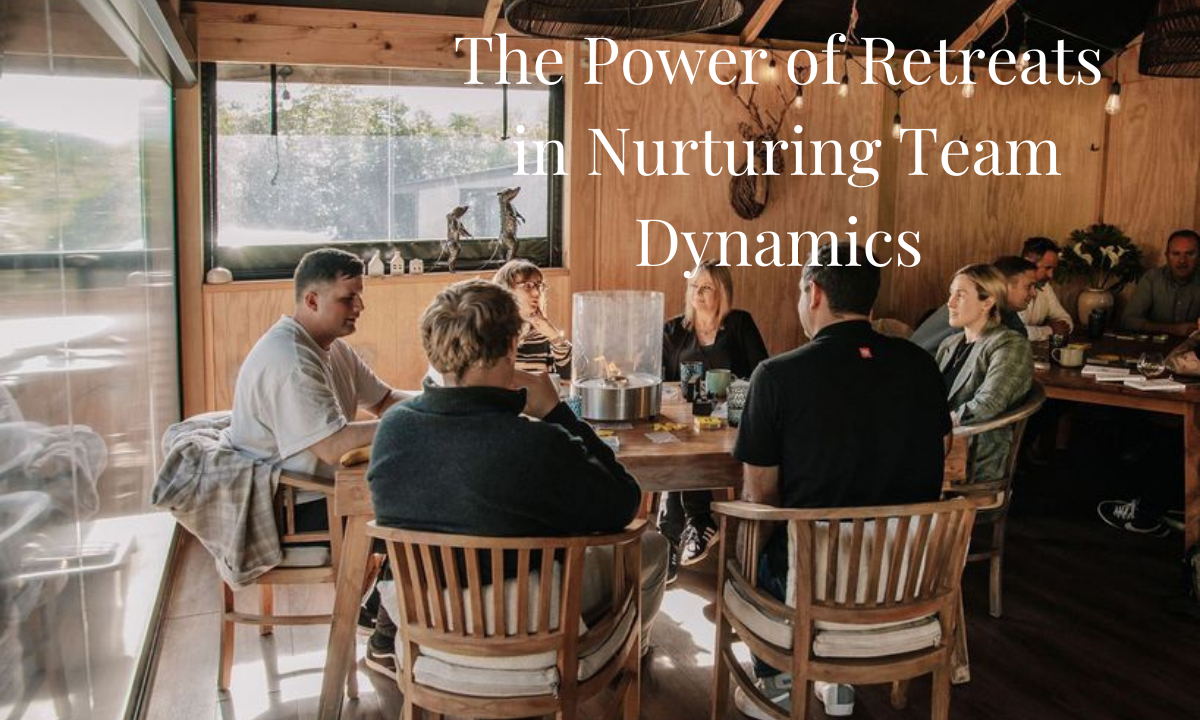
Don’t you love those terms? High performance, collaborating, engaged. But is reality slightly different for you and your team?

Model | Cynthia Mahoney (Australia)
I’ve found that many teams find it hard to access their potential as a collective. Powerful strengths lie within each team member but it’s bringing them all together so that each team member knows their purpose (how they serve the team) and function, and how they complement each other (their gifts and those of others). Only then, individuals are able to express their strengths and work together to generate a performance that is beyond what any of them could achieve individually. Accumulative genius; where the sum of the parts is bigger than the whole.
A team like this is one that delivers results and that people love being part of. Is this your team? If not, please don’t worry, you aren’t alone!
Research shows that the key success factor separating high performing teams from the rest of the pack is their focus on “how” they work together.
Yet many teams don’t do this crucial piece of work and spend their time on the:
✓ Why (purpose),
✓ Where (strategic direction and future plans), and
✓ What (technical elements of their work).
They miss the:
✗ How?
How do we work together as a team in a way that accesses our strengths, where we can be our best selves, and where we are all accountable so that work is both productive and enjoyable? What’s OK and not OK in our team?
The ‘“How’” the team works together is the foundation stone for a peak performing team.
Some teams dismiss addressing the ‘How’ they work together as not ‘“real’” work. In fact, research (including by Google’s five-year Project Aristotle) says that the ‘“How’” is one of the key factors in establishing psychological safety in a team. Google found that psychological safety stood out as the key factor to creating a successful team.
When you don’t address the ‘“how’” you work together as a team, engagement levels drop and productivity suffers.
- Engaged teams are 21% more productive, 22% more profitable, have 65% less turnover and have 10% higher customer scores.
- BUT…
- Research by Gallup has found that just 15% of workers were ‘engaged’ in their jobs i.e., “they are enthusiastic about, and committed to their work and contribute to the organisation in a positive manner”.
- 18% of workers are ‘actively disengaged’. According to Gallup, this means, “they aren’t just unhappy at work; they’re busy acting out their unhappiness. Every day these workers undermine what their engaged co-workers accomplish. Activelydisengaged workers are more or less out to damage their company”.
- Sixty-seven percent of us say we’re ‘not engaged’ at work which Gallup defined as, “sleepwalking through their workday
- In Australia and New Zealand 71% of workers were not engaged compared to the global figure of 67%.
Sound familiar?
At the extreme end of the scale, you might see:
- Unhealthy behaviour in the team, toxic environment with passive aggressiveness, gossiping, blame culture, victim mentality and unhealthy conflict.
- Lack of trust in each other. Difficult conversations to provide constructive feedback are avoided. No collaboration. Silo mentality which causes innovation and productivity to suffer.
- Staff are disengaged. High turnover, and high levels of absenteeism and presenteeism.
Or you might feel like everything is going OK but your team isn’t quite peak performing, ‘there’s so much more in them yet’. You haven’t found a way to unlock their collective genius to take them to that peak performing team.
Leaders, Disruptors, Passengers and Saboteurs.
The combination of these four types of people will determine your team’s performance levels.
As the team leader, providing opportunities for your people to grow and develop through improved self- awareness and having strategies to increase engagement enables a higher proportion of people in your team to become Leaders within the role that they occupy.
Recognising a Leader
Imagine the impact on your team’s performance if more staff were Leaders of their own role?
These people are:
- High performing and accountable.
- Contribute new ideas.
- Have energy.
- Help out team mates.
- Look for ways to support the leader.
- Take on additional responsibilities and work harder.
- Access and contribute their strengths.
- Take fewer sick days.
TIP: To create more Leaders look for ways to develop your team members by:
- Increasing their engagement
- Increasing their self-awareness
Recognising a Disruptor
Disruptors lack the self-awareness of the Leaders. They are passionate and interested, and readily contribute their ideas, but they often lack judgement.
These people:
- Have good intentions but they’re inconsistent.
- Overuse their strengths which can be perceived negatively by others (but they don’t realise the impact they’re having).
- Keep doing the same thing over and over again, expecting a different result.
- Have a disruptive effect on the rest of the team. High engagement means they speak out and want to get involved but they lack the awareness to be situationally flexible.
- Don’t make strategic behavioural decisions– they execute their default behaviours.
- They can be mistaken for Saboteurs but are not intending to be.
TIP: To encourage Disruptors to become Leaders look for ways to:
- Increase their self-awareness – how they manage themselves and what the impact of their behaviour is on others
Recognising a Saboteur
- Disengaged and self-aware and know exactly what they’re doing.
- Disrupt and deliberately undermine the team.
- Vent frequently to others, expressing their frustrations and dissatisfactions, publicly display a bad attitude.
- Not as productive as they could be.
- Spread negativity in the workplace and damage the bottom line.
If Saboteurs are allowed to continue their behaviour with no intervention, they can actually move the Leaders and the Disruptors towards disengagement.
TIP: To move your Saboteurs to Leaders:
- Look for ways to increase their engagement
- Encourage them to take responsibility for engaging themselves at work (it’s not all on you)
- Involve the team in creating behavioural norms of what’s OK and not OK in the team
Recognising a Passenger
- Have low self-awareness and are not engaged.
- Don’t speak up.
- Passive. Want to be told what to do and don’t seem to have any agency.
- Victims with no accountability, often blaming others.
- Generally, not hostile or disruptive. They don’t hate their job or set out to wreak havoc.
- Lack passion or energy in their role. They merely meet minimum requirements, don’t actively seek out or volunteer for new projects and may spend more work hours doing other things than actual work.
- It’s hard to increase organisational performance because it’s difficult to accelerate innovation, creativity and productivity. Passengers are a total drag on the team
TIP: To help your Passengers develop into Leaders look for ways to:
- Increase their engagement
- Increase self-awareness about the impact of their behaviour on others
- Encourage personal accountability and agency
Where is your team on this ladder?

Model | Cynthia Mahoney (Australia)
Do some of these challenges feel or sound familiar to you?
Does leading a Sustainable Peak Performing team sound like something you’d like to strive for?
Do you recognise that your team could do with a boost to become more Dynamic?
If you’re ready for you and your team to achieve the success you’ve always desired, I can help.
I work with leaders and teams to embed a peak performance culture through my Peak Performing Teams workshop programmes:
- One-to-one coaching
- Group Coaching
Get in touch, and let’s start by discussing what your team needs to work out the ‘How’.



